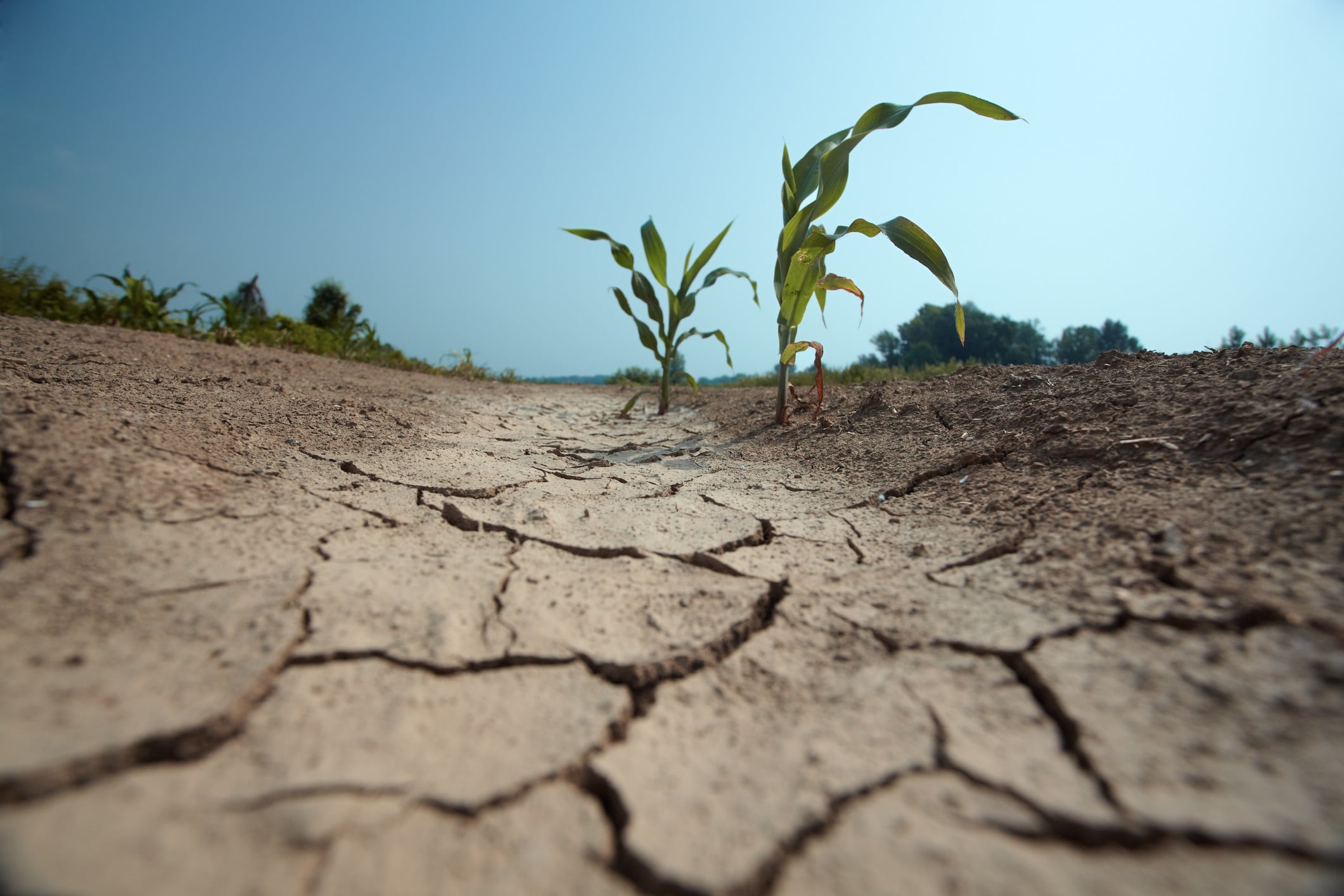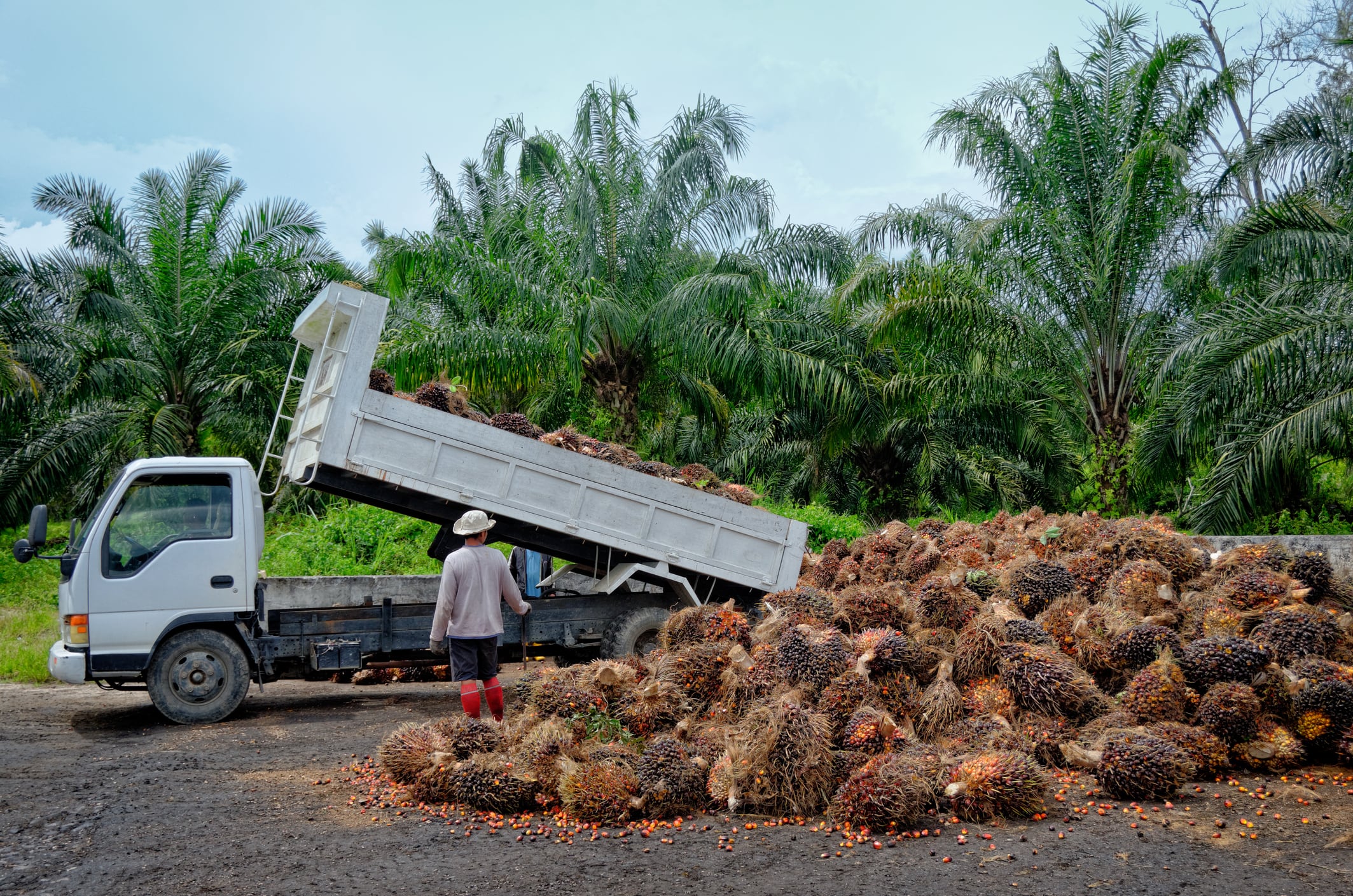This week started with a corn crop crisis warning and ended with the revelation the world has officially entered an historic drought.
It’s the stuff of post-apocalyptic fiction. But in fact it is our reality as the world is facing a commodity crisis like never before. And playing out against a backdrop of terrifying geopolitical insanity, one would be forgiven for thinking they had entered the pages of a bleak sci-fi novel.
So, is it as bad as specialist media makes out? And if so, what can be done about it?
Yes, it is as bad as the scientists and the media make out and it is getting worse. Climate change, rainforest destruction and land degradation is all adding stress to the global food system.
That’s not to say the entire system is failing, because it’s not. A negative is often followed by a positive – what one crop hates, another loves.
The heavy food commodities
But that’s not such a silver lining when we’re talking about commodities food manufacturers heavily rely on, whether to make nutritious food, such as corn, or for joyous food, like cocoa or coffee.
And some of these commodities are blamed (with reason) for being part of the problem, such as palm oil. That’s why global powers like the European Union are set to roll out sustainability-driven initiatives like the European Deforestation Regulation, to enforce better land and environment management practices.
But that’s not enough. Ingredients companies like ADM, Cargill, Bunge and many more have in their portfolios alternatives to all or most of the struggling commodities.
That goes a way to solving issues like cost for makers and consumers, because inevitably when something is scarce, basic economics come into play: supply versus demand.
Countering that, consumers and the media are hyper-sensitive to ultra-processed foods, genetic modification and ‘Franken Foods’
Nicholas Robinson, FoodNavigator editor
Though there’s not yet the scale to replace like-for-like traditional commodities with alternatives, despite there being many strong arguments in favour of driving that change. This includes, as well as cost, environmental impact and also quality, because there’s more control when something’s manufactured versus a product from Mother Nature.
Countering that, consumers and the media are hyper-sensitive to ultra-processed foods, genetic modification and ‘Franken Foods’. So there’s that hurdle to overcome, with the need for more education and a greater transparency from industry.
A huge part of the crisis could also be solved if the food system actually got a handle on waste. A conversation with the founder of Beyond Belief Brewing this week (more on that soon) explained just how bad we are as an industry at making food waste part of our cost analysis.
A third of food production globally goes to landfill, the brewer’s head of innovation Christian Craft told me. We factor the wastage of edible food into our business models. That’s a sin and something Beyond Belief Brewing is working to resolve by making beer from waste pasta.
Grassroots food tech companies
Yet the biggest solution to this massive problem is still widely seen as a start-up sector. Food tech from grassroots up is the answer and it needs to be taken more seriously and given much more investment from the bigger businesses reliant on the struggling commodities.
Reports highlighting the potential of new alternatives emerge on an almost daily basis, such as Tunley Environmental’s recent paper on the use of black soldier fly larvae as a palm oil replacement made for interesting reading.
And there is hope that food tech is being bolstered, though mostly by investors external to the food and drink sector.
There’s a mighty €23bn about to be pumped into food tech very soon, according to Forward Fooding co-founder, Alessio D’Antino at IFE in London recently.
Unlike previous iterations of investment, this boom will focus on a wider range of areas, such as upcycling and alternative commodities.
Initiatives like the Global Food Tech Awards, with entries now open for EMEA businesses, are also playing a vital role in highlighting and celebrating this vital sector.
So yes, there are solutions. Many in fact. But we need to work harder to act on them before it really is too late.





